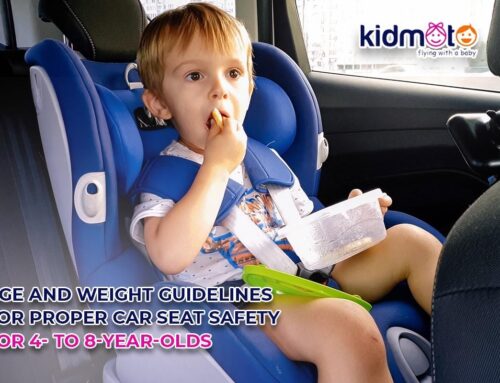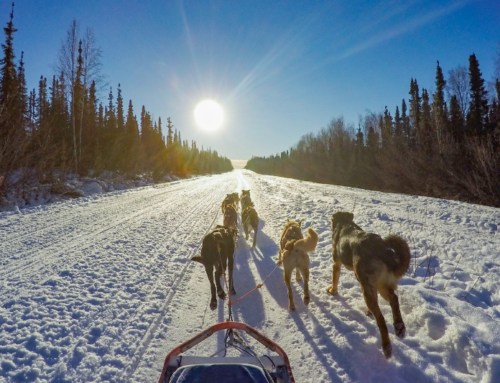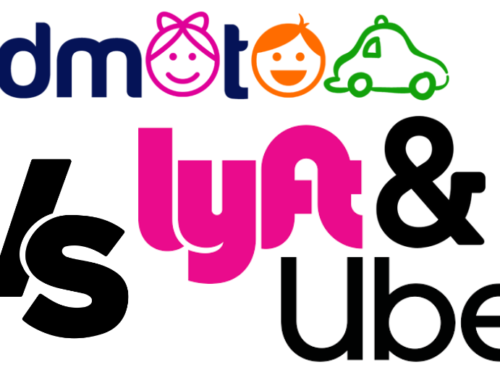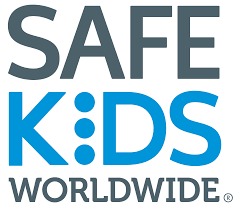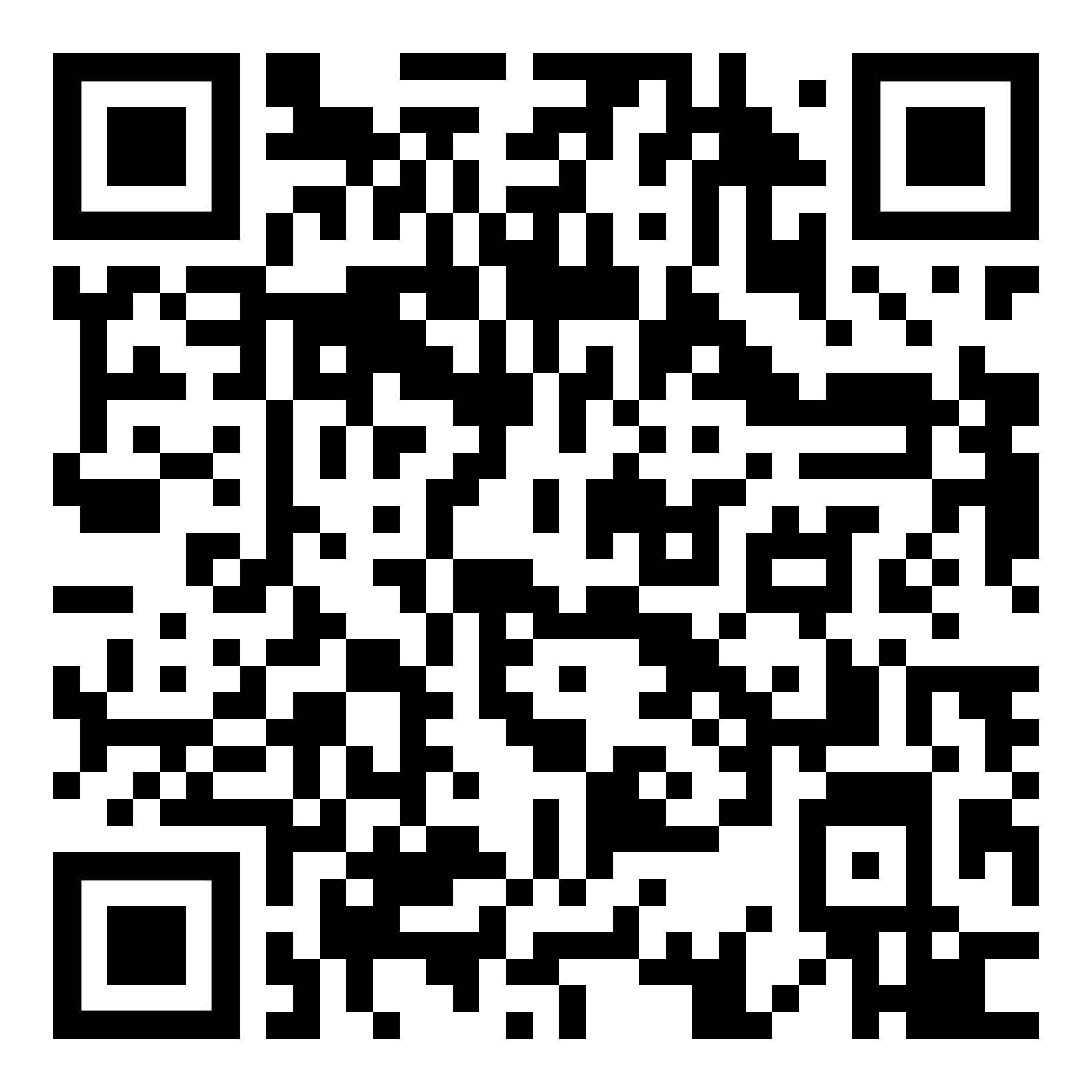9 Tricks to Make Relocating With a Baby Easier
Finishing your relocation to-do list while taking care of a baby might be extremely challenging. It’s not like you can put off one to do the other, so you’ll just have to juggle both.
It would help if you put plans in place using the following tricks used by new parents before you:
-
Be consistent with your baby’s routine.
Moving to a new home in a new city will likely confuse your baby, so don’t add to that confusion by changing their usual schedules. Feed them and let them sleep at around the same time despite the relocation. Wash their clothes using the same detergent to at least have something familiar for their olfactory senses.
Even if your new home is in a different time zone, let your baby slowly adjust to the new time.
-
Develop a packing strategy.
Pack the less important baby things first. These include extra clothes, blankets, toys, and other items that you won’t reach out for during the move or a few days after. Expect that you will not be able to unpack right after the relocation, so don’t box up essential items.
Put baby essentials in a separate bag, one that you or the babysitter should carry during moving day. These usually include the following:
- Clothes
- Diapers
- Wipes
- Foldable highchair
- Favorite toys
- Security blanket
- Snacks
- Feeding bottles
- Breastfeeding pillow and breast pump
- Formula
- Food
- Extra pacifiers
- Bath items
- Sippy cups
- Baby carrier
- Stroller
- Car seat
- First aid kit
- Important vitamins and medications
- Extra containers for used clothes and dirty diapers
Pack extra snacks, feeding bottles, and formula, too. Prepare things and activities to keep the baby occupied while you’re busy with packing and moving.
-
Keep your baby safe.
If you’re moving on your own, you might have to drive the moving truck yourself. These trucks don’t have a backseat where you can install your baby’s car seat.
It will be safer to book a kid-friendly car ride complete with car seats for the move, such as the rides offered by Kidmoto. Just download our app or visit our website and book a Kidmoto ride ahead of moving day. Your driver will arrive with a sedan with a pre-installed car seat for the baby. If you have older kids who still need car seats, you can also book a minivan or large SUV, which can accommodate two to four car seats. Also check our vehicles.
-
Get help.
Ask anyone in your circle of friends who can help, especially with the babysitting duties. You could leave your baby at your old home, have them move to your new home in a separate car, or put them in the care of a friend. You wouldn’t want your baby to keep crawling all over the new house while boxes are left unpacked.
If you can afford it, hire professional movers to lift heavy things or maneuver them into your new house’s entryway. Their experience should work to your benefit.
-
Check the neighborhood before the move.
You have a baby to consider, a little human who’s going to sleep a lot. You might want to look around to see potential sources of disturbance and negotiate about it with your future neighbors. It could be barking dogs or loud parties.
Look around the neighborhood, too, for new families with babies and young kids. Check for family-friendly and baby-focused resources, such as parenting classes, local gym, museum, schools, community center, playground, and parks.
-
Look for a pediatrician before the relocation.
Instead of going pediatrician hunting once you’re settled in the new city, check this task off your list before the moving day. You can’t predict when a medical emergency might warrant a visit to the pediatrician. It might happen on the day of the move or a few days after it, when you haven’t even located a good doctor yet.
Save yourself from the stress of scrambling to locate a pediatrician when your baby shows signs of not feeling well. Take care of this task well ahead of time.
-
Do some quick babyproofing at the new home.
You won’t be able to settle down at your new home unless you have baby-proofed it. Don’t take your chances. The next day, they might crawl toward the stairs and get in an accident.
Here are some tips to baby-proof your new abode:
- Install child-resistant locks on cupboards, drawers, and other containers storing lighters, matches, knives, cleaning products, and other dangerous substances.
- Invest in safety gates in stairways and similarly dangerous areas.
- Install window guards on windows.
- Keep your child’s crib away from choking hazards, such as window treatments and blinds.
- Store small objects, such as magnets, balls, marbles, and balloons away from your baby’s reach.
- Secure bookshelves and other furniture to the wall to keep them from tipping over.
- Install carbon monoxide alarms and smoke detectors, all of which need new batteries every year.
- Keep electrical outlets covered.
- Install child-proof locks on the first aid kit and other medicine cabinets in the house.
-
Be prepared for just about anything.
Moving with a baby can throw every single plan out the window. You can’t expect everything to go as smoothly as you’ve planned.
Imagine your relocation as an adventure. If you keep an open mind and with every ounce of patience that you can find, moving day will be a positive experience to remember.
-
Unpack the baby’s things and organize the nursery first.
The baby’s boxes should be placed last in the moving truck and the first ones out into the new home. These should be the first ones unpacked, too. Organize the baby’s room and give them a peaceful and familiar environment during your first day in your new home.
With the sitter’s help, it’ll be easier to help the baby settle in a new environment with their comforting toys, books, and things. This should also give you enough time to oversee the rest of the relocation tasks.
Follow these tricks to make moving with your baby a happy and smooth experience. Enjoy the move and look forward to an exciting adventure in the new city.
Table of content
- Be consistent with your baby’s routine.
- Develop a packing strategy.
- Keep your baby safe.
- Get help.
- Check the neighborhood before the move.
- Look for a pediatrician before the relocation.
- Do some quick babyproofing at the new home.
- Be prepared for just about anything.
- Unpack the baby’s things and organize the nursery first.

